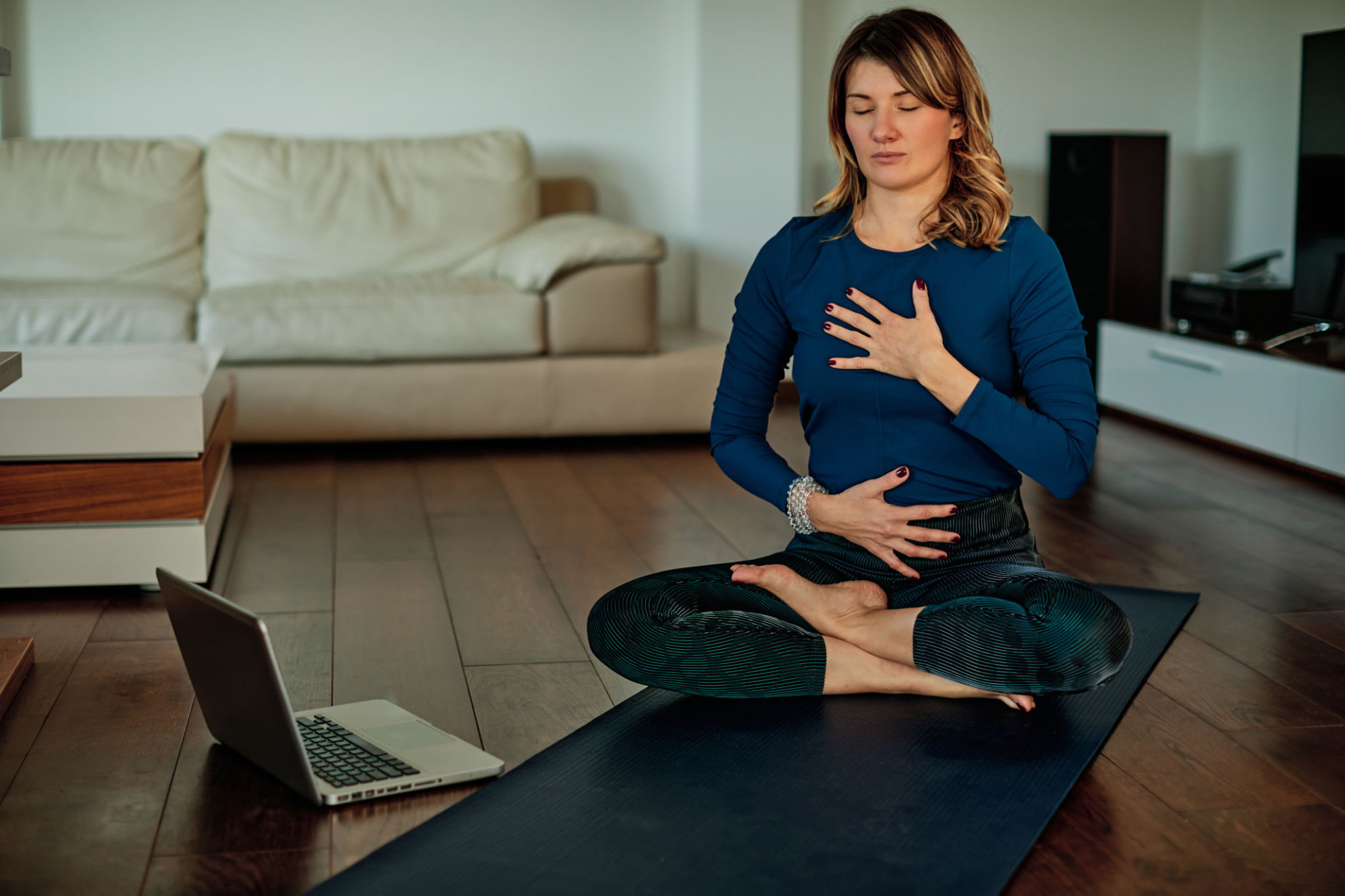Mindfulness Techniques for Managing Anxiety
Understanding Anxiety and Mindfulness
Anxiety is a common experience that affects millions of people worldwide. It can manifest as a feeling of unease, such as worry or fear, and can be mild or severe. Mindfulness, a practice rooted in ancient traditions, has emerged as a powerful tool for managing anxiety. By bringing attention to the present moment, individuals can reduce stress and increase their overall well-being.

What is Mindfulness?
Mindfulness is the practice of being fully present and engaged in the current moment without judgment. This means observing your thoughts and feelings from a distance without labeling them as good or bad. The goal is to cultivate a deeper awareness of your experiences, which can help in managing anxiety effectively.
Benefits of Mindfulness for Anxiety
Practicing mindfulness offers several benefits that can help alleviate anxiety. Firstly, it encourages individuals to focus on the present, thus reducing the tendency to dwell on past regrets or future worries. Additionally, mindfulness can enhance emotional regulation, allowing individuals to respond to stressors more calmly and thoughtfully.

Simple Mindfulness Techniques
Incorporating mindfulness into daily life doesn’t require extensive time or resources. Here are some simple techniques to get started:
- Breathing Exercises: Focus on your breath by taking slow, deep inhalations and exhalations. This can help calm your mind and reduce anxiety.
- Body Scan: Lie down comfortably and mentally scan your body from head to toe, noticing any tension or discomfort without trying to change anything.
- Mindful Walking: Take a walk at a slow pace, paying attention to the sensation of your feet touching the ground and the rhythm of your breath.
Mindful Meditation
Meditation is a cornerstone of mindfulness practice. Even dedicating just five minutes a day to meditation can make a significant difference in managing anxiety. Find a quiet space, sit comfortably, and focus on your breathing. When your mind wanders, gently bring your focus back to your breath.

Incorporating Mindfulness into Daily Life
Mindfulness doesn’t have to be confined to specific practices; it can be integrated into everyday activities. For instance, when eating, pay full attention to the taste and texture of your food. When listening to music, focus on the sound and rhythm. These small changes can foster a more mindful approach to life.
The Role of Mindful Journaling
Keeping a journal can be an effective way to practice mindfulness. Spend a few minutes each day writing about your thoughts and feelings without judgment. This practice can help you gain perspective on your anxiety and identify patterns that may contribute to it.
Seeking Professional Support
While mindfulness is a valuable tool for managing anxiety, it's essential to recognize when professional help is needed. If anxiety significantly interferes with your daily life, consider speaking with a mental health professional who can provide additional support and guidance.
Mindfulness is not a one-size-fits-all solution, but its benefits for anxiety management are well-documented. By incorporating mindfulness techniques into your routine, you can cultivate a greater sense of peace and resilience in the face of life's challenges.
